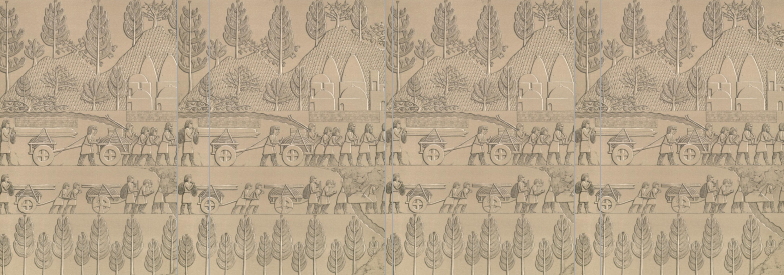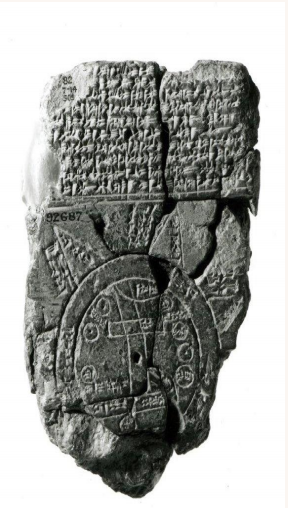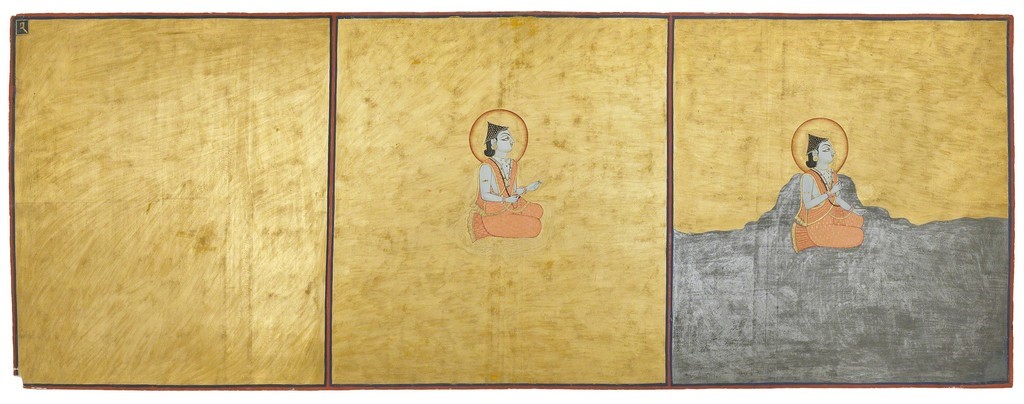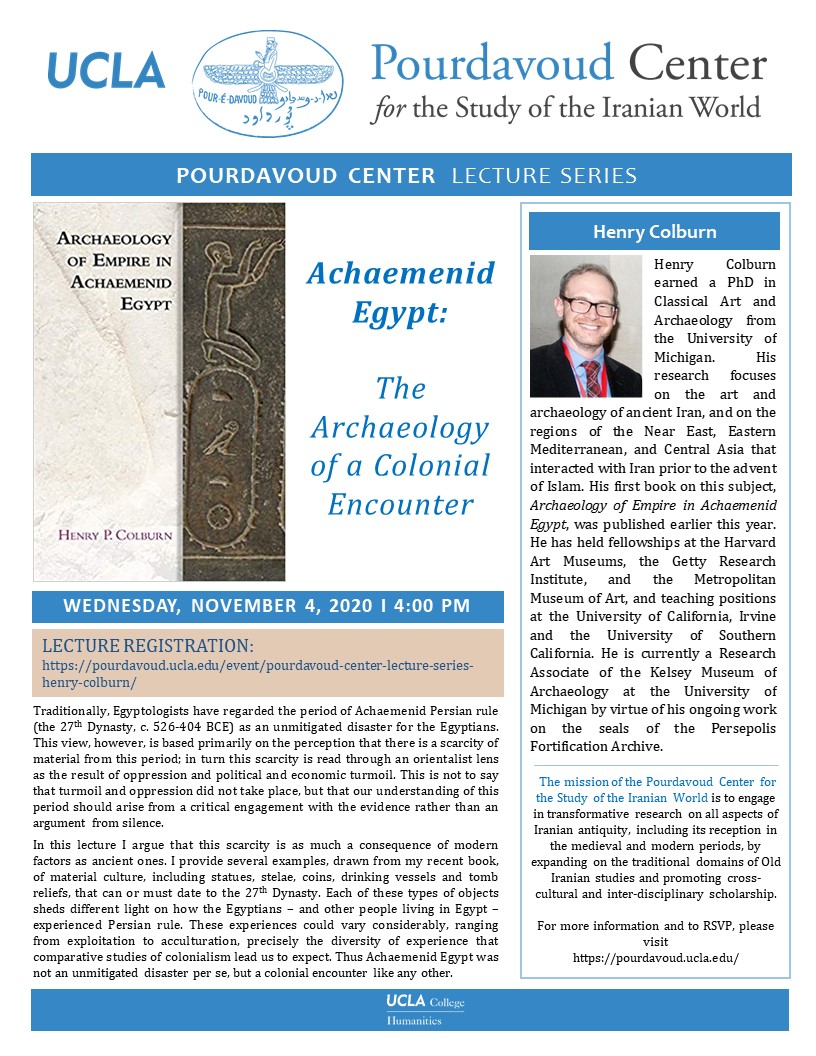Biennial Ehsan Yarshater Lecture Series
Fowler A222 308 Charles E Young Dr N, Los Angeles, CA, United StatesThe Ehsan Yarshater Lecture Series presentations at UCLA, which has a counterpart at the Collège de France, are delivered by a distinguished scholar whose work has impacted the study of the Iranian Civilization. Each biennial lecture series consists of four to five lectures on a single theme that is elaborated and amplified into a monograph....
Translating Daniel Varuzhan’s Pagan Songs
Kaplan Hall 311"Daniel Varoujan’s Pagan Songs shocked readers when it was published in 1912. Russian Armenian critics condemned its frank descriptions of eroticism as pornographic and disapproved of its poetic paganism as a symptom of the "nationlist disease". For its unsympathetic view of Christianity and its glorification of the pagan era, the Armenian church considered it criminally...
People of Empire: Assyrianness Through the Looking-Glass of the Neo-Assyrian State
In the first half of the first millennium BCE, the Neo-Assyrian state forged what Mario Liverani has called the world's "prototype empire". Empires are often associated with imperial peoples: a core population that maintains its distinctiveness and enjoys a privileged position within the imperial structure. Were the Assyrians such a people? The Neo-Assyrian state apparatus...
‘I Founded therein a Palace of Cedar’: Constructing and Manipulating Distant Lands in the Ancient Near East
243 Royce HallBorders, frontiers, and the lands that lay beyond them were created and defined through a variety of physical, geographical, and moreover, social and cultural means in Mesopotamia. This talk centers on the ways in which one such distant land, the Cedar Forest (tir eren orqišti erēni) was construed in Sumerian and Akkadian textual sources, as...
Armenian Mythology
365 Kaplan HallAll welcome Pizza and refreshments will be served All proceedings will be in Armenian Hrach Martirosyan is currently Lecturer in Eastern Armenian in the department of Near Eastern Languages and Cultures at UCLA. After receiving his MA in Philology from Vanadzor Pedagogical Institute, he pursued graduate studies under the supervision of Prof. Sargis...
Bilingual Lecture Series: Kaveh Madani
Please join UCLA Iranian Studies for their first Bilingual Lecture Series events of the academic year. These two lectures, featuring the research of Dr. Kaveh Madani, will be held virtually via Zoom. He will present “A Conversation with Kaveh Madani on Environmental Security in Iran and the Middle East” on Sunday, October 4, 2020 at...
Bilingual Lecture Series: Kaveh Madani
Please join UCLA Iranian Studies for their first Bilingual Lecture Series events of the academic year. These two lectures, featuring the research of Dr. Kaveh Madani, will be held virtually via Zoom. He will present “Water Bankruptcy and Environmental Politics in Iran (A Conversation with Kaveh Madani)” on Monday, October 5, 2020 at 2:00pm Pacific...
Pourdavoud Center Fall 2020 Welcome Event
You Are Invited: Pourdavoud Center Fall 2020 Welcome Event Friday, October 23, 2020 at 11:00am PST via Zoom Registration Required Please join us for a digital fall reception to celebrate the continued success of the Pourdavoud Center for the Study of the Iranian World. In the company of Dr. Anahita Naficy Lovelace and Mr. Jim Lovelace,...
Steadfast Imagining Session 1: Introducing Bidel of Delhi (d. 1720)
Session 1 of the multidisciplinary workshop series on Steadfast Imagining: Lyric Meditation, Islamic Philosophy, and Comparative Religion in the Works of Bidel of Delhi (d. 1720) Friday, October 23, 2020 1:00 PM - 2:00 PM (Pacific Time) RSVP Here (Zoom registration) This is Session 1 of the multidisciplinary workshop, Steadfast Imagining: Lyric Meditation, Islamic Philosophy,...
Pourdavoud Center Lecture Series: Henry Colburn
Achaemenid Egypt: The Archaeology of a Colonial Encounter Traditionally, Egyptologists have regarded the period of Achaemenid Persian rule (the 27th Dynasty, c. 526-404 BCE) as an unmitigated disaster for the Egyptians. This view, however, is based primarily on the perception that there is a scarcity of material from this period; in turn this scarcity is...








